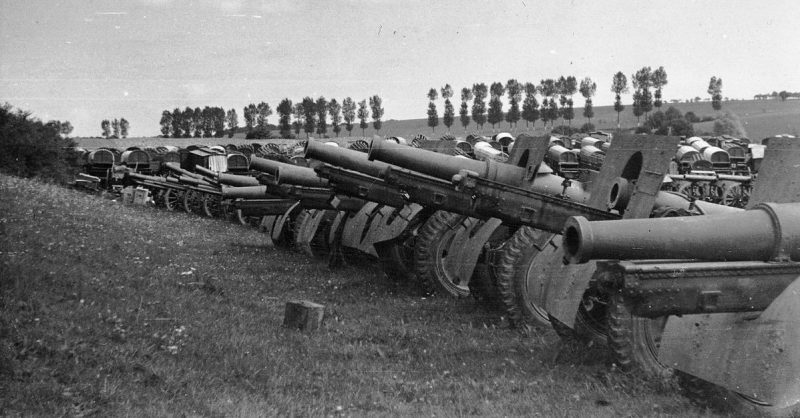“Rule one, on page one of the ‘Book of War’ is Do not March on Moscow!” – Bernard Law Montgomery
Russia has been the graveyard of military ambition for centuries, and the strongest armies have broken their backs, their morale and their supply chain upon the frozen ground of the Motherland.
Napoleon learned the hard way during his failed and disastrous invasion of the country in 1814, while Swedish king Charles XII also had a similar fate handed to him during his sortie into foreign lands over 100 years earlier.
What both men had in common was a lightning quick advance through the borderlands of Russia, scattering the enemy’s army like chaff upon the wind, all while being drawn further and further away from safety.
One of the biggest assets that Russian armies have had over those years is the weather – and all invasions suffered because of the cold.
It’s well and good taking to battle during the summer months, but any delay in advancing towards specific targets gives Mother Nature time to catch up – and when her icy fingers wrap around an army they deal terrible damage.
Moscow has so often been the aim of the invading forces, but a scorched earth policy generally stopped any force before it made it to the city walls. And of course, the sheer size of the country gives it another huge advantage – it simply has more men than any invading force can bring to the table, and it isn’t afraid to throw their lives away. Those two factors combined to put Hitler at a huge disadvantage before he even began planning the attack one year prior.
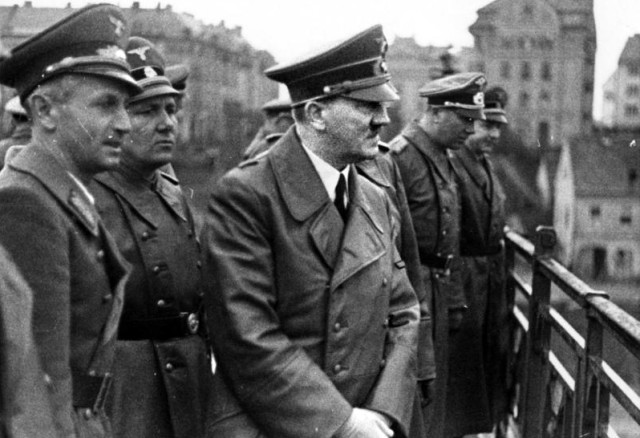
So before Operation Barbarossa had even begun, Hitler was at a historical disadvantage. Of course, times had changed since Charles and Napoleon had invaded the country, and forces could move a lot quicker than they had ever been able to before.
Hitler’s blitzkrieg was working spectacularly across Europe, and so why wouldn’t his commanders be able to repeat the same thing in Russia? Well, they did at first – but no army can continue marching into enemy territory that quickly, and the time came when they had to stop. And when they stopped, they started to die.
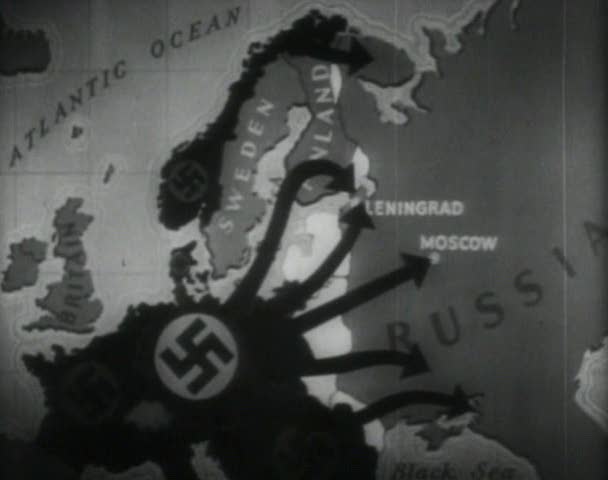
On June 22nd, 1941 Hitler ordered the invasion of the Soviet Union by Germany. It was codenamed Operation Barbarossa, and it had three main objectives: to capture and subdue the Baltic States and Leningrad in the north, Moscow in the centre and the Ukraine and southern Russia in the south.
The Fuhrer was confident, Russia had completed a huge purge of their top brass in the 1930s, and lost up to 400 of their generals. This undermined the effectiveness of the fighting men in battle, and the Germans had every right to feel like it would only be a matter of time before they swept all who opposed them away.
He attacked with the biggest military force ever assembled. At his disposal were three million Axis troops and 3,500 tanks. It was designed to smash a hole in the enemy defence and open up the road to Moscow, and it nearly worked.
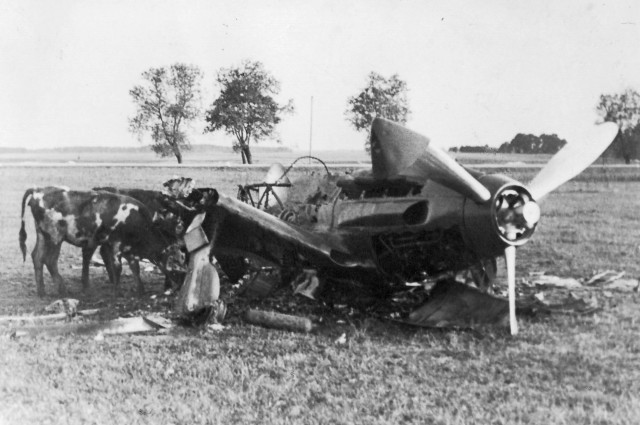
The Soviet Union was not prepared for the June onslaught, and Stalin would not believe evidence that was presented to him that an invasion was being prepared. As a result of this, his forces at the border were caught by surprise, and the Germans made massive inroads.
As was the case in France and over Europe, the Luftwaffe won the battle for aerial superiority and helped armoured columns and teams of motorised infantry to smash their way through the Soviet line. This worked so well that they advanced 50 miles on the first day alone, inflicting enormous casualties on the Russian army.
But despite this, Hitler was still fighting an unwinnable conflict, and that fact started to come across slowly but steadily as the days turned into months, and the warmer weather began to give way to the harsh winter.
Stalin had given the cold-blooded order that retreat would not be tolerated, and as a result, nearly one million men were lost in the fighting. 250,000 died when Minsk was encircled, 180,000 were taken prisoner at Smolensk, and another 500,000 casualties fell in September at the Battle of Kiev.
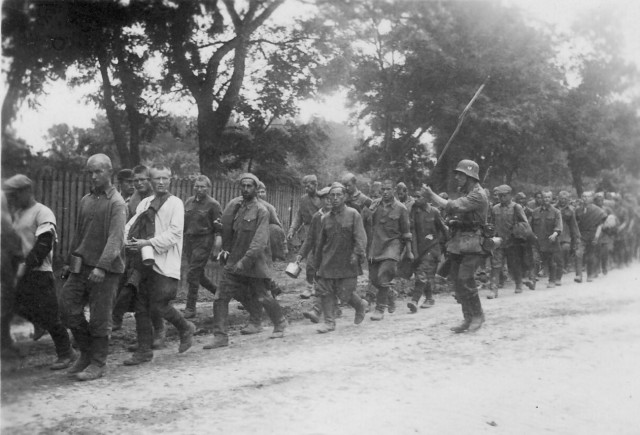
These numbers are enough to make the eye water, but Stalin shrugged them off and ordered the defence of the realm to continue. Such was the way up north.
At this point, the German forces began to overstretch their capacity to resupply, and as soon as they halted to wait for reinforcements the winter started to set in. The army marching on Moscow was ordered to halt while their panzer division was diverted to deal with troublesome resistance to the north and south, and they only resumed their advance in early October.
It was too late. Hitler had made the same mistake that Charles and Napoleon did, and he was about to pay the same price.
In just ten days, the advance slowed to a crawl as Russian resistance and heavy rain stopped any momentum that Hitler’s forces had gained. In two more months, a huge counterattack drove the German army back, and the offense was abandoned as winter began to set in.
Hitler tried to go against the odds, but he failed. Operation Barbarossa was the invasion that even Hitler could not win, as his own decision making started to go against him.
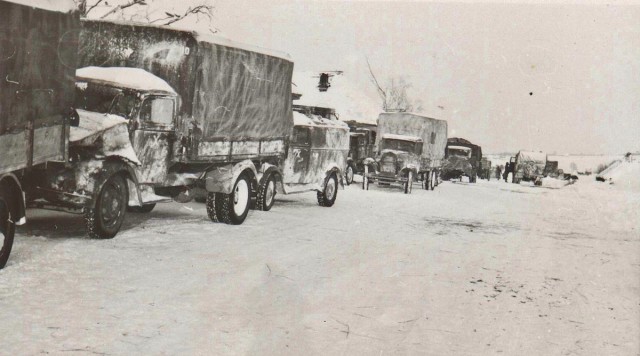
The things that had worked so brilliantly for him in Europe could not work in Russia, and he found that he had met his match in Stalin.
The cold has been defeating invading forces for three hundred years, and once the invasion stalled it was almost inevitable that the Axis forces could not take and hold Moscow before winter struck. Once the winter hit, it became apparent that if they stayed in the Motherland, they would face extermination.
Of course, this would not stop Hitler trying again – he was nothing if not persistent – but the winter would soon claim another invasion, and the massive resources which Hitler poured into the Russian campaigns would draw vital resources away from other theatres of war.
